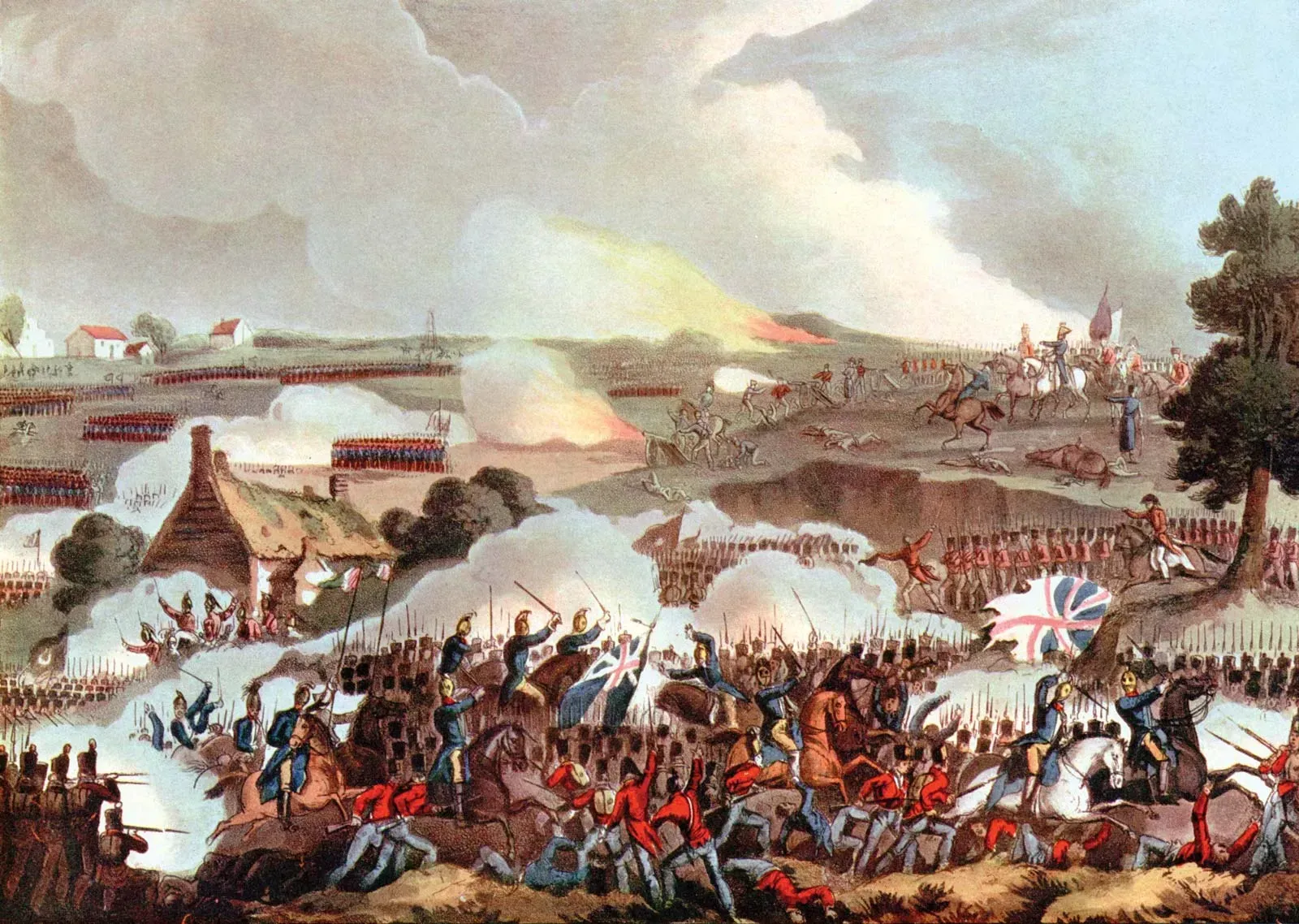Do Wars Worry Markets?

The deadly blast on the cultural heart of Ukraine's second largest city by Russia has left the world seething with anger. While the world has condemned the attack in sympathy with Ukraine, Russia’s cold response to this dastardly attack has built a war hysteria that will no doubt affect both sides if a war does take place.
What are the economic consequences of a war? In a war-like situation, investors usually get into a panic mode triggering a market sell-off. This is because they fear that the situation could escalate and a prolonged engagement with the enemy will hit the economy as the government will be forced to divert resources to the defence forces rather than use them for asset creation. While that may not be out of place, the fact remains that war provides hidden economic opportunities. Defence production picks up and buffer stocks of food, clothing, ammunition, shelters, vehicles, communication equipment, etc. have to be created and replenished fast. This in turn boosts investments and manufacturing of these war resources. Thus, higher military spending during conflicts boosts manufacturing, employment, additional logistics and distribution infrastructure.
The flip side to this is that wars are a costly affair. They lead to a loss of life and property. In intense situations, local businesses may suffer from a prolonged situation of inoperation. Even the international trade for the involved countries may come to a halt. All in all, the cost-benefit ratio or economic returns are sacrificed for safety and security considerations and hence wars can lead to a period of lull in the economy.
History, however, shows that the impact of wars on markets is short-lived. Two of Asia’s largest economies i.e. Japan and Korea rose from poverty to industrialized nations in just a few decades following two of the most brutal wars in history - World War II and the Korean War. During World War II, the stock markets fell initially but recovered before the war ended. During the Korean War, there were no major corrections while during the Vietnam War and after, the stock markets remained flat between 1964 and 1982.
Evidence also shows that markets and economic activity are not disturbed by short wars or conflicts. Markets normally react the most on the day of the event, particularly if there is an element of surprise, but the recovery could be fast once the further course of action becomes clear. During the Korean War, Vietnam war, the Cuban missile crisis or September 11 attack on World Trade Towers, the markets recouped the losses within just 2-3 weeks.
India has not seen a full-fledged war since the BSE Sensex was constituted in 1979. The closest it got to a sovereign war situation was the Kargil conflict which resulted in a proxy war with Pakistan during May–July 1999. Although India was in a full fledged battle, there were barely any major corrections during this period.
A single event is thus not enough to break markets as they have become immune to such skirmishes. Even if the current situation escalates into a full-scale war, global data shows that wars do not have a long-lasting impact on the markets. Therefore, instead of panicking, investors must use such opportunities to reassess their investment holdings and accumulate quality stocks. Focus on winning the decade, not just the day!
A prudent strategy in such a scenario may be the oft time-tested adage ‘Be greedy when others are fearful and fearful when others are greedy.’ Investors who buy quality stocks taking advantage of the temporary hiccups and hang onto them over the long run will mostly succeed.

